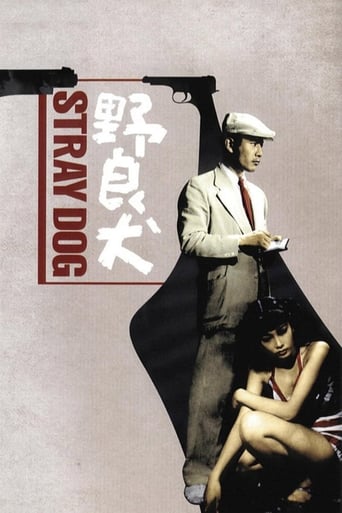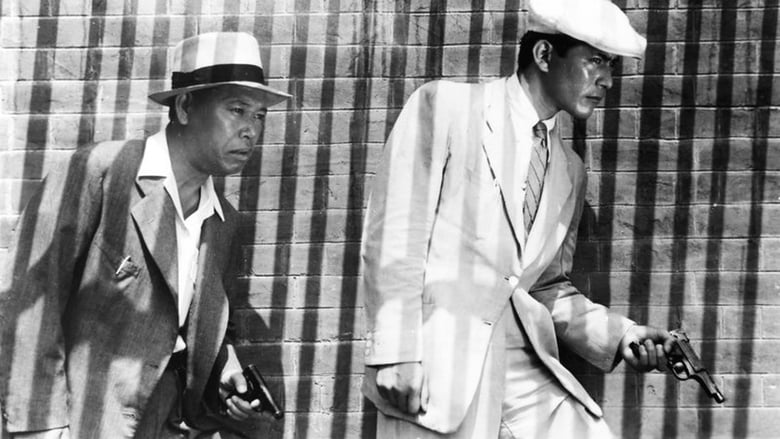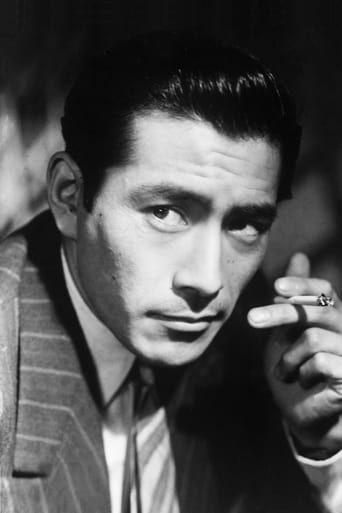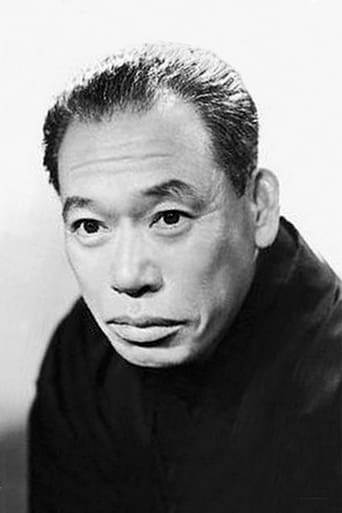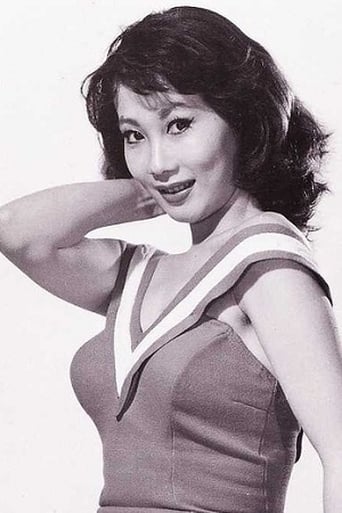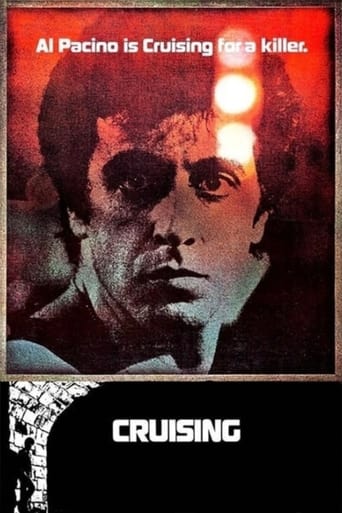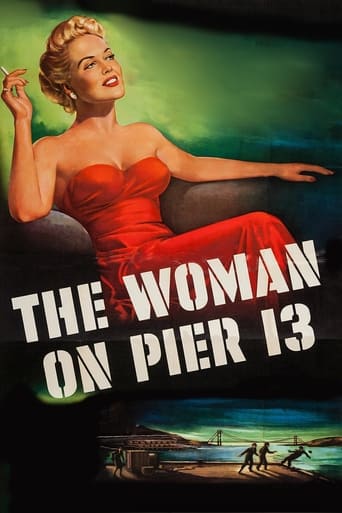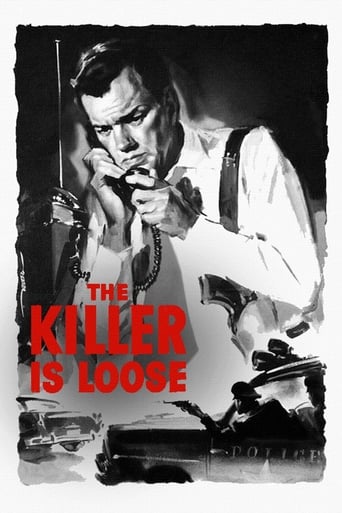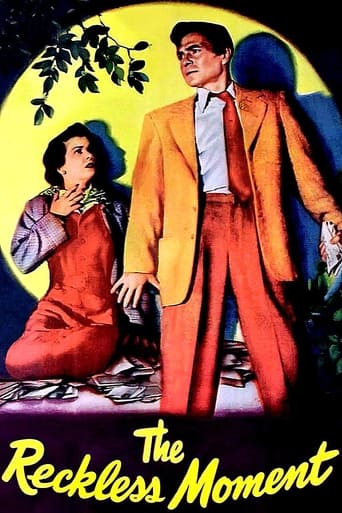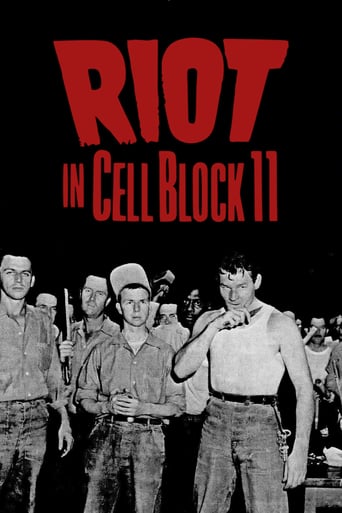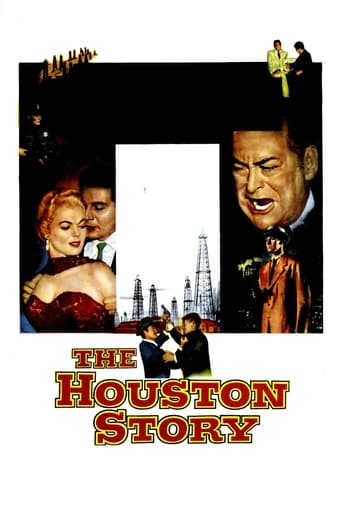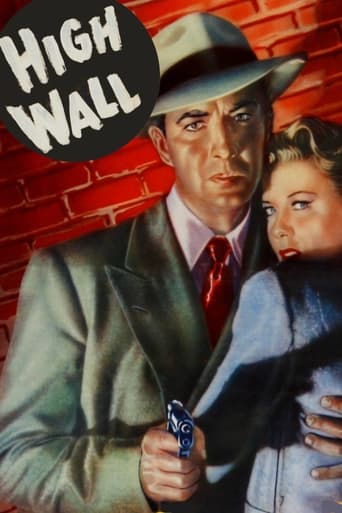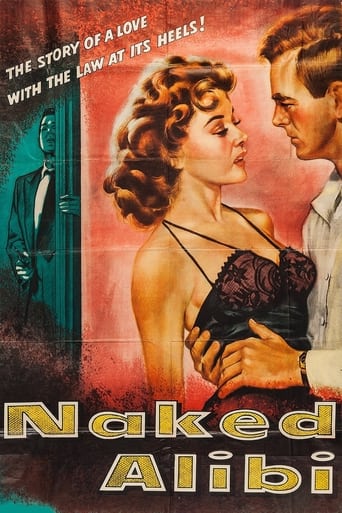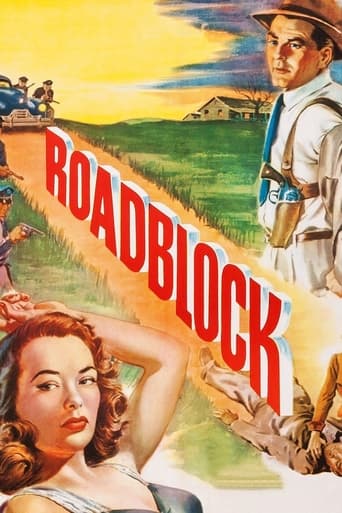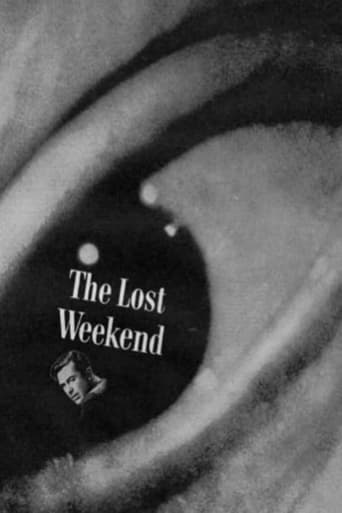Stray Dog (1949)
A bad day gets worse for young detective Murakami when a pickpocket steals his gun on a hot, crowded bus. Desperate to right the wrong, he goes undercover, scavenging Tokyo’s sweltering streets for the stray dog whose desperation has led him to a life of crime. With each step, cop and criminal’s lives become more intertwined and the investigation becomes an examination of Murakami’s own dark side.
Watch Trailer
Free Trial Channels
Cast


Similar titles
Reviews
Pretty Good
An absolute waste of money
Pretty good movie overall. First half was nothing special but it got better as it went along.
It is neither dumb nor smart enough to be fun, and spends way too much time with its boring human characters.
A rookie police detective has his service pistol stolen. He sets off to find the thief, unravelling a complex web of criminals in the process.A earlyish-career movie from the famed Akira Kurosawa, and it shows, to an extent. Long-winded, with scenes that seem to exist only to take up space. The soldier scenes and baseball scenes are good examples - seem to go on forever and don't add much. The plot seems complex just for complexity's sake - the case was simpler than the movie made out. This said, there is a decent amount of intrigue and Kurosawa does build the tension well. Just a pity editing and dynamism weren't priorities.
Akira Kurosawa co-wrote and directed his black & white detective-noir "Stray Dog" in 1949 - one year before the international break-out success of "Rashomon" (1950). In post-World War II Tokyo, Japan is still in the midst of recovering from its defeat in that devastating conflict. (While the country is obviously in shambles, incredibly enough, we never really see any of that, but still, its psychological impact is felt everywhere you look. But then again, this film is not about Japan's post-war-era of reconstruction.) During a sweltering summer heatwave, a pistol belonging to young Detective Murakami (a young Toshiro Mifune, one of Kurosawa's cinematic regulars) is stolen by a pickpocket while riding on a crowded city bus one day. The weapon changes many hands over the next few days, eventually winding up in the hands of a disgruntled World War II vet, later identified as a young man named Yusa (Isao Kimura). Murakami, also a war veteran, becomes obsessed with retrieving his gun, since it is used in a series of escalating, violent incidents around the city. During this time, he is also partnered up with an older, more experienced homicide detective, Sato (Takashi Shimura, another Kurosawa regular, most famous for "Ikiru" and "Seven Samurai," perhaps), to nab Yusa, the so-called "stray dog" of the title. "Stray Dog" is yet another classic from Akira Kurosawa. The film is nicely and beautifully shot; Kurosawa was a favorite of using the natural weather conditions to symbolize things happening on-screen, and here he uses the heat to great effect. Like how Spike Lee would do on "Do the Right Thing" 40 years later in 1989, we can feel the heat and how the tension, and Murakami's increasing anxiety and desperation, at solving his case before more people are hurt, affect him on a deeply personal and psychological level. Rain, which you would think would cool things down a bit, here, represents yet another escalation in things to come later on in the film. Perhaps one thing that "Stray Dog" illustrates best is that Murakami, in a way, is just like Yusa. As someone else also pointed out, both fell on hard times after their war service and were angry and frustrated at their circumstances, but Murakami picked himself up afterward. Also as someone pointed out, that means that, sometimes, the only thing that separates the two men from each other is the notion of choice - since Murakami explains that he could just as easily have become just like Yusa at some point.This movie is not to be missed if you're a true fan of the cinematic master craftsman, Akira Kurosawa.10/10
Rookie detective Toshiro Mifune (Murakami) gets his gun pick-pocketed and embarks upon a journey to retrieve it. He starts out alone but eventually teams up with a wiser cop played by Takashi Shimura (Sato). All the while, his gun is being used in more and more deadly crimes and his sense of shame and dishonour drives him onwards to rectify the situation. The gun has seven bullets, and by the end of the film, all of them have been fired.Director Akira Kurosawa delivers a high quality effort in capturing a tense atmosphere and stifling Tokyo heat. The characters are entertaining and the dialogue realistic with some memorable scenes, eg, the chorus of girls dancing in the nightclub and then running backstage to relax - this is where we first encounter Keiko Awaji (Harumi Namaki), who has a significant role as the killer's girlfriend. We are led to believe that Mifune has many similarities with the killer Isao Kimura (Yusa) – they have just chosen different paths.I must mention the dialogue - one particular gem is the moment when a woman's emotional behaviour is very frankly put down to her being on her period. How true. Hollywood just wouldn't dare.The film draws you in from the start, although it's overall length could be shortened. There is one scene which is a montage of shots of Mifune wandering around the shady districts of Tokyo. Whilst the accompanying music to this is interesting, we get the point after a couple of minutes. There are a few sections like this where the director drags it out a little too long. A good film. No-one has mentioned this yet but is it significant that Mifune doesn't actually speak his dialogue - he barks it like a dog?
In the sweltering heat of post-war Japan, rookie detective Murakami (Toshiro Mifune) loses his Colt automatic after boarding a crowded tram. With the assistance of veteran cop, Detective Sato (Takashi Shimura), Murakami delves into the seamy underworld of black market dealers and desperate criminals in a race against time to recover the weapon.Made before Kurosawa's famed Rashomon, STRAY DOG is a noir-style examination of responsibility and the chain of destruction and harm generated by the material cause of one moments inattention. The film takes obvious visual inspiration from American film noir, though the moral predicament which consumes Murakami can be understood in a distinctively Japanese way; as a thoughtful articulation of simple decency and honour reclaimed."The swords the samurai wore as their prerogative and sign of caste were not mere decorations. They had the right to use them on the common people" The loss of a samurai's sword was the loss of honour, which only its recovery could restore. For Murakami, his aloofness resulting in the theft of his gun is a source of great shame. On first hearing of the Colt's implication in an armed robbery, he offers his superior a letter of resignation. Rather than accept, the chief partners him with the experienced Detective Sato. A sort of master/student dichotomy. The idea of culpability,explored to a greater extent in RASHOMON(1950) is the locus of STRAY DOG. It also provides a moral imperative for the films protagonist.In order to redeem himself, Murakami traverses the ruins of a post-war society. His search leads him through slums and sleazy districts; lowly inhabitants desperate for money explain their rejection of morally coded behaviour. The sense of duty Murakami ascribes to is starkly opposed to this, essentially, that the vicissitudes of life can justify larceny and violence. The trail leads to Yusa (Isao Kimura) whom Murakami shares a great deal in common with though they have chosen to take different paths. Both are veterans of the war and have been victims to theft. Yusa embodies the fall of moral righteousness in the face of persecution and misfortune.As Sato mentions at one point "a mad dog knows only a straight road". The ability of an individual to react with wisdom in the face of a moral dilemma is diminished once one has become accustomed to the temporal fruits of vice and materialistic greed. Yusa steals to buy fine clothes, in essence, purchasing status. STRAY DOG shows the blinding nature of this path to be a a very human predicament. In the film's final sequence where Murakami pursues Yusa, the two lie side by side exasperated from the chase. The irreconcilable dualism of 'good' and 'bad' so fundamental to film noir is eroded when Yusa bursts into tears, conscious of the futility of his path. Defiance is replaced with sincerity, where "nothing is kept in reserve, nothing is expressed under disguise, nothing goes to waste".STRAY DOG is a great example of Kurosawa's attention to questions concerning morality and honour, independent of his famed period films.

